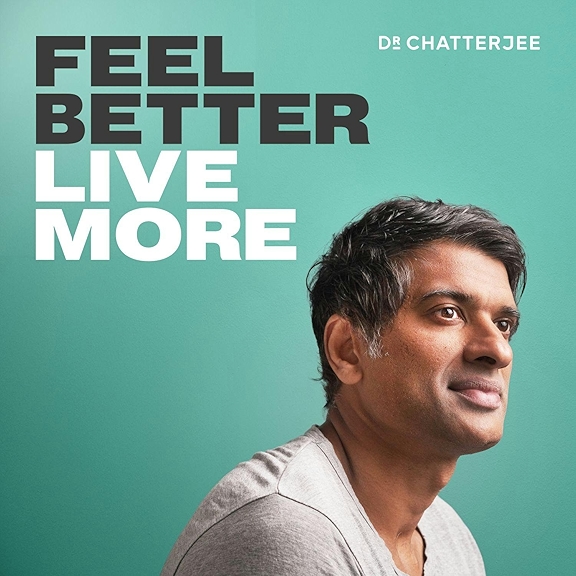
Another year; another Christmas around the corner.
The conversation around the watercooler these days has evolved into the annual “where has the time gone?” discussion–how quickly the neighborhood kids have become high school graduates; how our hot July beach vacations seem like they were just yesterday; and how we haven’t baked cookies or sent cards or bought gifts yet because time has just been flying by.
It’s become a common complaint–almost a joke–that time seems to whiz by faster and faster as we get older.
Of course, aging doesn’t grant us the power to disrupt the space-time continuum, so it’s not a real problem. But why do we perceive it to be?
Psychologist William James, in his 1890 text Principles of Psychology, wrote that as we age, time seems to speed up because adulthood is accompanied by fewer and fewer memorable events. When the passage of time is measured by “firsts” (first kiss, first day of school, first family vacation), the lack of new experiences in adulthood, James morosely argues, causes “the days and weeks [to] smooth themselves out…and the years grow hollow and collapse.”
--- Support this podcast: https://podcasters.spotify.com/pod/show/hollywoodandchinadollshow/support



















